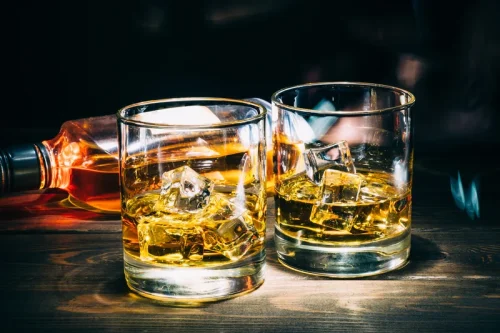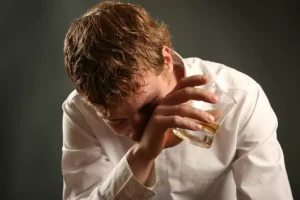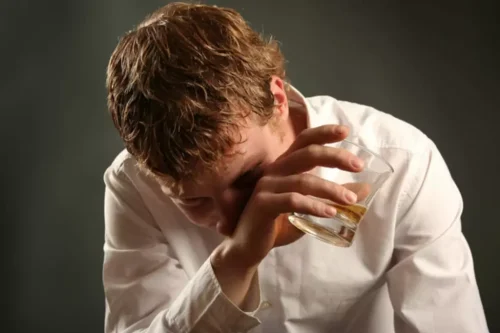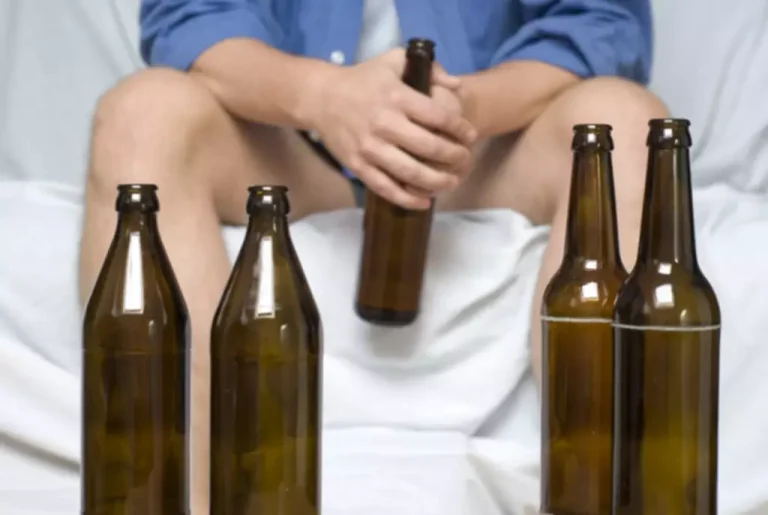
Researchers found that the 30,770 participants with depression reported having an average of three physical health conditions, while people without depression had an average of two. There is a significant overlap between anxiety, alcohol misuse, and alcohol use disorder. Researchers found that those with an anxiety disorder were between 2.1 and 3.3 times as likely to develop alcohol use disorder.
Alcohol disrupts your sleep
This article covers everything you need to know about the connection between alcohol and depression. In some people, the initial reaction may feel like an increase in energy. But as you continue to drink, you become drowsy and have less control over your actions. In residential treatment, “an individual stays in a treatment setting, receives intensive therapy, and is physically separated from alcohol in order to recover,” says Kennedy. “Cells are living beings, and if you want to fix the issue of depression at the level of the cells, they cannot be inebriated,” says Taylor. “Alcohol makes us feel drunk and confused because alcohol makes the cells drunk and nonfunctional.”
- It’s often a lifelong commitment, but one that can improve your life, health, and well-being in the long term.
- Call 999, contact your local mental health crisis team or go straight to A&E if you’re able to safely.
- In some cases, you may receive a dual diagnosis of a major depressive disorder (MDD) and an alcohol use disorder (AUD).
- Alternatively, fill in our depression self-assessment test and we will reach out to book a consultation with you.
- “Today, I manage my depression by picking up the phone and calling people in my recovery fellowship to ask for help or seeking advice on the All Sober message boards. Being open and honest about my addiction and sobriety is a vital part of my recovery,” he says.
- If not treated, alcohol use disorder can become a life-long struggle.
Treatment for Co-Occurring Depression and Alcohol Use Disorder

Because little evidence exists of an increased risk does alcohol make depression worse for obsessive-compulsive disorder among alcoholics, pharmacological treatments aimed at this severe anxiety condition also are inappropriate in the absence of additional evidence of an independent anxiety syndrome. For many depressed patients, drinking may interfere with the successful treatment of their depression. Even among patients whose alcohol use does not rise to the level of an alcohol-use disorder, drinking can have a deleterious effect on depression and depressive symptoms and may dampen the impact of treatment for depression. However, subclinical drinking may not be addressed during the course of psychological or psychiatric treatment for depression.
Effects of Alcohol Use
Increasing evidence indicates that heavy alcohol use may interfere with depression treatment. Rae, Joyce, Luty, and Mulder (2002) found that among depressed patients with a history of alcohol dependence, those who were current heavy drinkers experienced worse depression treatment outcomes. In this study, average alcohol intake was less than one ounce per day, demonstrating that even very moderate levels of alcohol consumption can negatively impact the pharmacological treatment of depression (Worthington et al., 1996). As recently Alcohol Use Disorder reviewed in the literature, some interesting data also support a possible relationship between longstanding anxiety or depressive disorders and alcoholism (Kushner et al. 1990; Kushner 1996). The most consistent results relate to manic episodes, wherein manic-depressive patients show a small but significant increased risk for alcoholism (Winokur et al. 1993). Other data also suggest a greater-than-chance association between panic disorder (and perhaps social phobia) and alcoholism (Cowley 1992; Cox et al. 1990; Kushner 1996).
- Motivational interviewing is a collaborative, nonconfrontational approach to addressing a patient’s ambivalence regarding behavior change.
- It is important to remember, however, that certain studies show some overlap among depressive, anxiety, and alcoholic disorders in the same family.
- When Benjamin Lerner — a writer, radio host, and recovery advocate with All Sober — had his first beer at age 13, he noticed it dulled his fears, insecurities, and inhibitions.
According to the Diagnostic and Statistical Manual of Mental Disorders, Fifth Edition (DSM-5), if depression symptoms persist after one month without consuming alcohol, then a different depressive disorder diagnosis would apply. One study of people with both AUD and depression undergoing treatment for both conditions found that the majority of symptom improvement for both conditions happened during the first three weeks of treatment. Another way that depression could lead someone to drink alcohol is through changes in their brain as a result of depression. These changes can heighten the physiological “rewards” of alcohol and increase the likelihood that they will continue their pattern of drinking. Alcohol misuse and depression are serious conditions that you shouldn’t ignore. If you think you have a problem with either, talk to your doctor or therapist.

Support groups
The relationship between alcohol-use disorders and psychiatric symptoms is both clinically important and very complex (Brady and Lydiard 1993). The greater the amounts of alcohol consumed and the more regular the intake, the more likely a person will be to develop temporary anxiety and depressive symptoms. As consumption increases even more, these symptoms also are likely to intensify. Nearly one-third of people with major depression (or major depressive disorder) also have alcohol use disorder. Research shows that depressed children are more likely to have problems with alcohol a few years down the road. Also, teens who’ve had a bout of major depression are twice as likely to start drinking as those who haven’t.

- Alcohol use disorder and depression are two conditions that often occur together.
- Drinking water may not have a direct impact on feelings of depression, but rehydrating can absolutely help you start feeling better physically.
- Drinking alcohol is a common social activity, but it’s important to do it in moderation to protect your physical and emotional health.
- In these, you can also find support from others in the same situation.
- Much like barbiturates (sedatives), alcohol is a drug that affects the central nervous system (CNS) and the brain’s functionality.
In fact, some research suggests people who have a history of alcohol dependence are 3.7 times more likely to experience major depression. If you drink alcohol regularly, your body can become physically dependent on it. When you stop drinking, you might experience withdrawal symptoms like anxiety, irritability, or depression. For some people, fear of experiencing withdrawal symptoms can perpetuate alcohol use and create a cycle that worsens depression over time. In this article, we look at the different ways that drinking alcohol can make your depression symptoms worse. We’ll start by examining the effects of alcohol on your mind and body, then we’ll discuss the link between alcohol and depression, including how it makes symptoms worse and how reducing alcohol can improve depression.